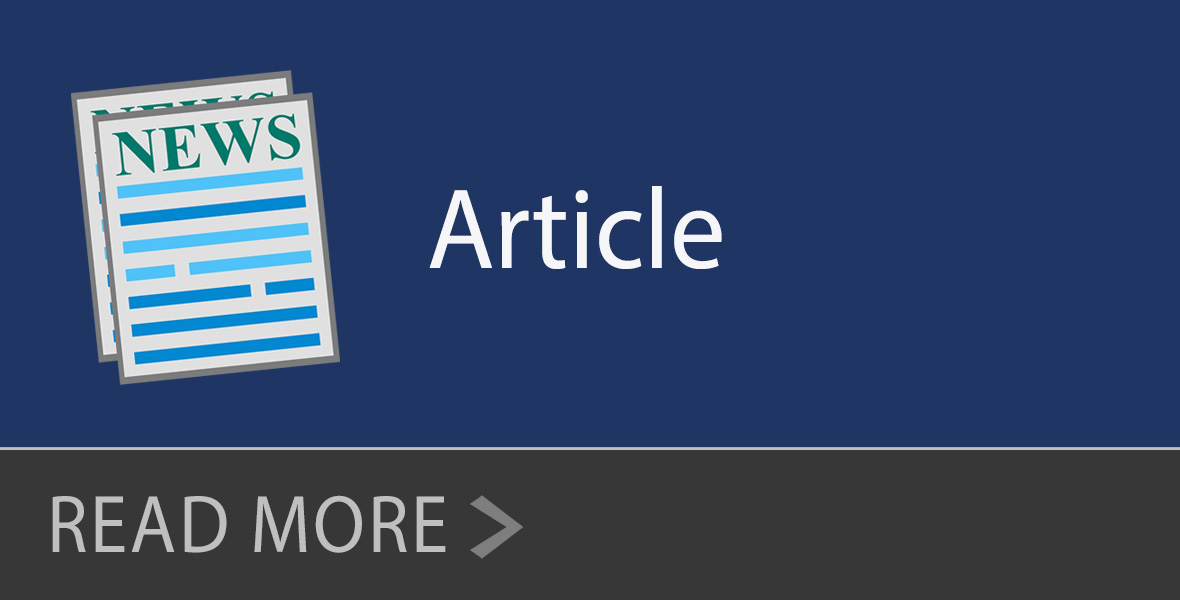Mosaic on Becoming More Globally Competitive

Mosaic is the world’s largest supplier of phosphate and potash but is looking to stay competitive in a rapidly growing industry. Karen Swager, Vice President of mining at Mosaic, said improvements in global phosphate mining has motivated the company to revamp its own practices.
“We are in the process of transformation and what we are trying to do is ensure that all of our assets remain competitive in the market as they continue to evolve. Central Florida used to be the center of the universe for the phosphate industry,” Swager said. “Recently, more deposits in the world are becoming economic and are being developed, particularly over the past decade. Africa and the Middle Eastern are some of the areas where this is happening and they are being constructed with the latest and best technology.”
One aspect of the company that is transforming is the participation of Mosaic employees. Input from ground-level workers has been integral to the development of new ideas. By bringing them into the process, Swager said employees have a greater sense of involvement in the company’s new direction.
“In order for us to remain competitive, we really need to develop a culture that is focused on innovation and reliability. We’ve really engaged our employees in this effort and have a very strong pipeline to the front line,” Swager said. “We are eliminating some of the red tape and bureaucracy from the past, which may have stymied some of the decision making in these areas and some of the innovation that our employees are quite proud of.”
The decision-making process isn’t the only change the company is making. In 2017, Mosaic completed the largest land acquisition in the company’s history. The company purchased Vale Fertilizantes in Brazil for $2.5 billion, a move Swager said is still paying dividends. The goal was to increase the company’s international presence and strengthen its presence domestically.
“I think the acquisition of Vale Fertilizantes is going to have tremendous benefits for Mosaic. It certainly enlarged our footprint in one of the fastest growing agricultural markets. It is going to ensure that the whole company benefits from that growth,” Swager said. “In addition, that newer, bigger footprint in South America will ensure that we remain the producer of choice for our customers in America. With a broader asset base in the hemisphere, it makes it harder for offshore competitors to compete and penetrate these markets.”
In addition to land expansion, Mosaic is also ramping up efforts in the Tampa Bay community. The Company partners with the Tampa Bay Lightning on the Goals for Food program. Since the program’s inception, Mosaic has provided nearly a half-million dollars to local food banks.
“We’re really a producer of agricultural commodities and it’s such a primary mission to help the world grow the food that it needs. What a lot of us know is unfortunately in our own back yard there’s thousands of families that lack certainty on where their next meal is going to come from,” Swager said. “There is no better brand to associate with in Tampa than the Lightning and they have helped raise the profile of all of these organization. They’re also critical to ensuring that families that are struggling to make ends meet and are able to put food on the table.”
Swager said projects like Goals for Food are a core part of what Mosaic wants to be as a company. She added that a free market economy gives Mosaic and other companies the best opportunity to do so.
“People don’t just move here for beaches and warm weather. They move here because Florida has a vibrant economy where they can start a business and be successful,” Swager said. “That growth is enabled by Florida’s approach to free enterprise. Our property taxes are lower than most states and we have no income tax because the state is able to fund its obligations by revenues generated by this business activity.